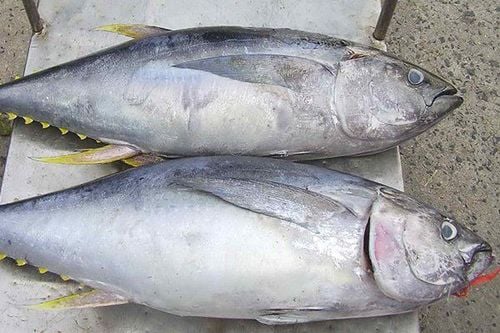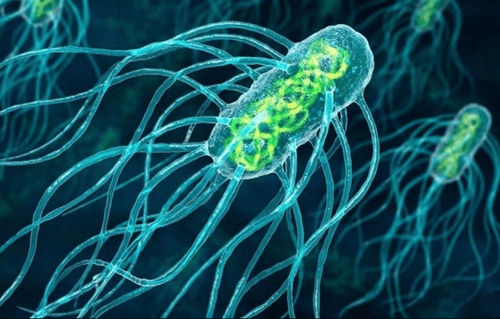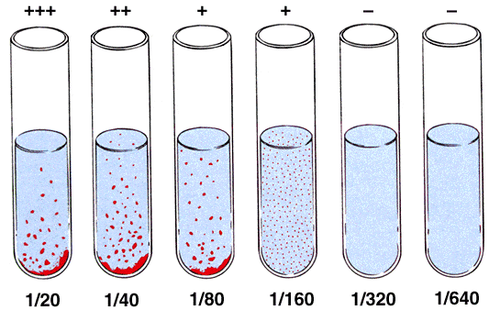This is an automatically translated article.
Tuna is a favorite and popular fish all over the world. Using fresh tuna to make delicious dishes prepared by many restaurants and supported by diners. However, eating raw tuna improperly can cause many health problems.
1. Learn about tuna and nutrition facts
1.1. Source
Tuna is a marine species that lives in environments from the Atlantic Ocean to Indonesia. The most commonly known tuna species in the United States are Skipjack (light tuna) and Albacore (white tuna).
1.2. Nutritional ingredients
Tuna has a rich source of vitamin D, which helps strengthen the immune system, protect bones, and prevent osteoporosis. In addition, tuna has other extremely important sources of vitamins and minerals such as: vitamin B6, Potassium, Selenium, Iodine
In a serving of tuna weighing 113 g contains:
Calories: 145 Protein: 26.77 grams Fat: 3.37 grams Carbohydrates: 0 grams Fiber: 0 grams Sugar: 0 grams

Cá ngừ có tác dụng phòng ngừa loãng xương
2. Health benefits of eating tuna
2.1. Reduce the risk of heart disease
The high omega-3 fatty acid content in tuna can help reduce the levels of omega-6 fatty acids and LDL cholesterol that build up inside the arteries. Many studies have shown that eating more omega-3s can reduce the incidence of cardiovascular disease, including heart attacks and strokes.
2.2. Prevent vision diseases
The omega-3 component in tuna provides many benefits for eye function. Women who ate a lot of tuna for a week reduced their risk of dry eye disease by 68%.
This nutrient is also believed to have the ability to slow the growth of tumor cells and reduce inflammation in the body.
2.3. Support weight loss
In many diets, tuna is an indispensable food. This is a white meat that is relatively high in protein but low in calories. As a result, you will feel fuller for longer and limit overeating.
MORE: Tuna poisoning: Causes, signs

Cá ngừ giúp hỗ trợ giảm cân
3. Is it good to eat raw tuna?
Raw tuna is often processed into mannequins, sushi, sashimi... These are all popular and loved dishes in many countries around the world. However, eating raw tuna is good not many people wonder. Therefore, health experts have listed some of the dangers of eating raw tuna for you to consider as follows:
3.1. There are many parasites
Although it is a nutritious food, tuna if eaten incorrectly can pose some risks. Tuna contains some parasites such as Opisthorchiidae, Anisakadie... that cause diseases for humans such as intestinal infections, diarrhea, vomiting, fever.
One study found that 64% of Pacific bluefin tuna samples originating from Japanese waters were contaminated with Kudoa hexapunctata. This is a parasite that leads to diarrhea in humans. In addition, samples of bluefin tuna and yellowfin tuna from the Pacific Ocean both contained Kudoa parasites that can cause food poisoning.
Or tuna from the waters off Iran has up to 89% of samples infected with parasites that can attach to the stomach and intestines of people, causing anisakiasis. Manifestations of this disease are bloody stools, vomiting and stomach pain.
Eating raw tuna increases the risk of parasitic infections from tuna. Most parasites can be killed when cooked or frozen.

Cá ngừ có thể chứa các kí sinh trùng gây bệnh cho người
3.2. High mercury content
Mercury is a heavy metal that can accumulate in the human body through diet and indirect contact. Tuna can contain high levels of mercury, especially large tuna such as albacore, yellowfin, bluefin and bigeye. The majority of tuna used in raw cooking such as steak, sushi and sashimi comes from this fish.
Consuming too much raw tuna can accumulate high levels of mercury in your body, causing serious health problems such as: brain and heart damage.
SEE ALSO: Manifestations when the body is infected with salmonella bacteria
3.3. Eating raw tuna increases the risk of Salmonella infection
Most people infected with salmonella after eating tuna will show symptoms such as: diarrhea, fever and stomach cramps... after 12 to 72 hours. The illness usually lasts 4 to 7 days and goes away on its own without treatment.
In fact, there have been many people wondering if it is possible to eat tuna while pregnant? In fact, given the above risks, the following people should not eat too much raw tuna:
Pregnant and lactating women Children Older adults. People with weak immune systems The patient is undergoing cancer treatment. Even healthy people need to consume tuna within certain limits to avoid unwanted risks. Because most fish exceed the daily mercury consumption limits recommended by health authorities in the United States and other countries. Adults should eat 85–140 grams of tuna, 2–3 times per week to get enough omega-3 fatty acids. Some fish are suggested to prevent high mercury such as: salmon, crab, cod,...

Phụ nữ mang thai nên hạn chế ăn cá ngừ để tránh rủi ro
4. Eat tuna properly and safely
Cooking tuna is the best way to get rid of parasites and reduce the risk of foodborne illnesses. However, it is still safe to eat raw tuna. The Food and Drug Administration (FDA) recommends freezing raw tuna in one of the following ways to remove parasites:
Freeze at -20 °C or lower for 7 days Frozen at -35°C or below. Then continue to store at -35°C or below for 15 hours. Frozen at -35°C or below. Then store the tuna at -20°C or below for 24 hours. Frozen raw tuna should be defrosted in the refrigerator before consumption. Following this method will probably kill most of the parasites in the tuna.
Tuna is a food rich in nutritional value, but they also contain a large source of mercury and parasites. Therefore, some subjects need to be careful when eating raw tuna and eat tuna properly to ensure safety and avoid food poisoning.
Please dial HOTLINE for more information or register for an appointment HERE. Download MyVinmec app to make appointments faster and to manage your bookings easily.
References: healthline.com, webmd.com













